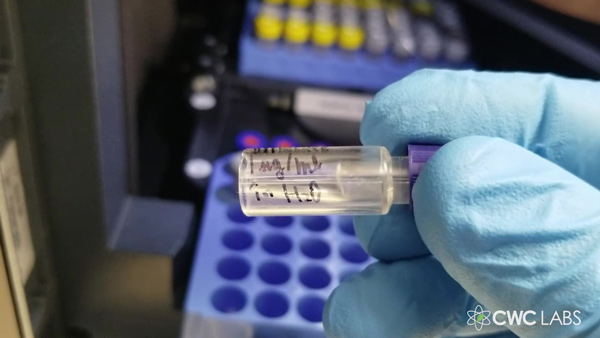
Breaking News
 Grand Theft World Podcast 273 | Goys 'R U.S. with Guest Rob Dew
Grand Theft World Podcast 273 | Goys 'R U.S. with Guest Rob Dew
 Anchorage was the Receipt: Europe is Paying the Price… and Knows it.
Anchorage was the Receipt: Europe is Paying the Price… and Knows it.
 The Slow Epstein Earthquake: The Rupture Between the People and the Elites
The Slow Epstein Earthquake: The Rupture Between the People and the Elites
 Israeli Prime Minister, Netanyahu will meet with Trump on Wednesday and deliver instructions...
Israeli Prime Minister, Netanyahu will meet with Trump on Wednesday and deliver instructions...
Top Tech News
 Drone-launching underwater drone hitches a ride on ship and sub hulls
Drone-launching underwater drone hitches a ride on ship and sub hulls
 Humanoid Robots Get "Brains" As Dual-Use Fears Mount
Humanoid Robots Get "Brains" As Dual-Use Fears Mount
 SpaceX Authorized to Increase High Speed Internet Download Speeds 5X Through 2026
SpaceX Authorized to Increase High Speed Internet Download Speeds 5X Through 2026
 Space AI is the Key to the Technological Singularity
Space AI is the Key to the Technological Singularity
 Velocitor X-1 eVTOL could be beating the traffic in just a year
Velocitor X-1 eVTOL could be beating the traffic in just a year
 Starlink smasher? China claims world's best high-powered microwave weapon
Starlink smasher? China claims world's best high-powered microwave weapon
 Wood scraps turn 'useless' desert sand into concrete
Wood scraps turn 'useless' desert sand into concrete
 Let's Do a Detailed Review of Zorin -- Is This Good for Ex-Windows Users?
Let's Do a Detailed Review of Zorin -- Is This Good for Ex-Windows Users?
 The World's First Sodium-Ion Battery EV Is A Winter Range Monster
The World's First Sodium-Ion Battery EV Is A Winter Range Monster
 China's CATL 5C Battery Breakthrough will Make Most Combustion Engine Vehicles OBSOLETE
China's CATL 5C Battery Breakthrough will Make Most Combustion Engine Vehicles OBSOLETE
Mike Adams / CWC Labs announces glyphosate lab testing of popular water filters… see exclusive ...

(Natural News) As part of 2019 effort to conduct more lab science in the public interest, we are announcing glyphosate testing for water filters. The experiment, carried out at CWC Labs, will pour diluted glyphosate (2ppm glyphosate in water) through popular water filters, then test the resulting "filtered" water to see how much glyphosate is removed.
The water filters being tested include:
Culligan
Brita
Mavea
Pur
pH Life
Seychelle
Big Berkey
Crystal Drop
Doulton
Zero Water
I've posted the full video announcing this experiment at this Brighteon video link. (Or see the full video below.) Full results of the experiment will be posted exclusively at Glyphosate.news in the coming days. Natural News will link to the Glyphosate.news results and announce them in the Natural News email newsletter.

Why we use a triple-quad mass spec instrument to test for glyphosate
The instrument we use to measure glyphosate concentrations is a triple quad mass spec (LC-MS-MS), capable of detecting glyphosate well below 1 ppb. This instrument is shown in the video below.
As I explain in the video, I doubt whether any of these popular water filters will show much effectiveness at removing glyphosate. Many water filters claim to remove "99% of pesticides" and other chemicals, and while that may be true with specific, individual pesticides, it seems incredibly unlikely that any filter would remove anywhere close to 99% of glyphosate.
Here's why: Glyphosate is water soluble and does not easily interact with the chemistry of water filter media. Where lead and mercury, for example, are easily captured by activated carbon, glyphosate moves right through activated carbon. In addition, glyphosate is highly polar, meaning the glyphosate molecule has strongly opposite charges on the two ends of its molecule. As explained in this Perkin Elmer document quoted below, most labs have traditionally used something called "post-column derivatization" in their methods to detect glyphosate, involving the use of extremely toxic chemicals:
" />



